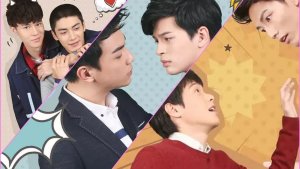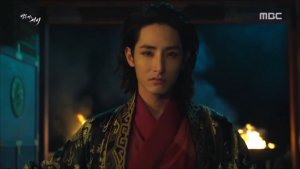 Dissecting HIStory: Part 2
Dissecting HIStory: Part 2
Make sure to read to the end of the article to help me out with a project I'm working on! If you're avoiding spoilers, just scroll to the bottom to vote for a future article!
WARNING: MAJOR SPOILERS AHEAD
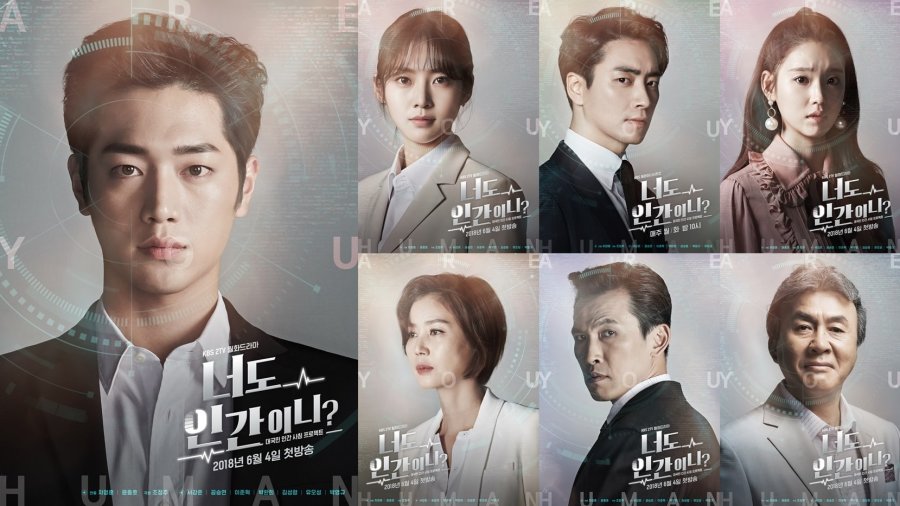
Are You Human, Too? Is one of South Korea’s very few sci-fi television shows. Still, as much as I love sci-fi stories and android capers, there is one concern that Are You Human, Too?, a trend-setter in South Korea at the moment, has brought to light, and that is basic understanding of robotics in fiction, particularly in relation to the “laws” of robotics. Today, I want to talk to you about the issues and mistakes that AYHT? makes and how this could set a precedent for this burgeoning genre.
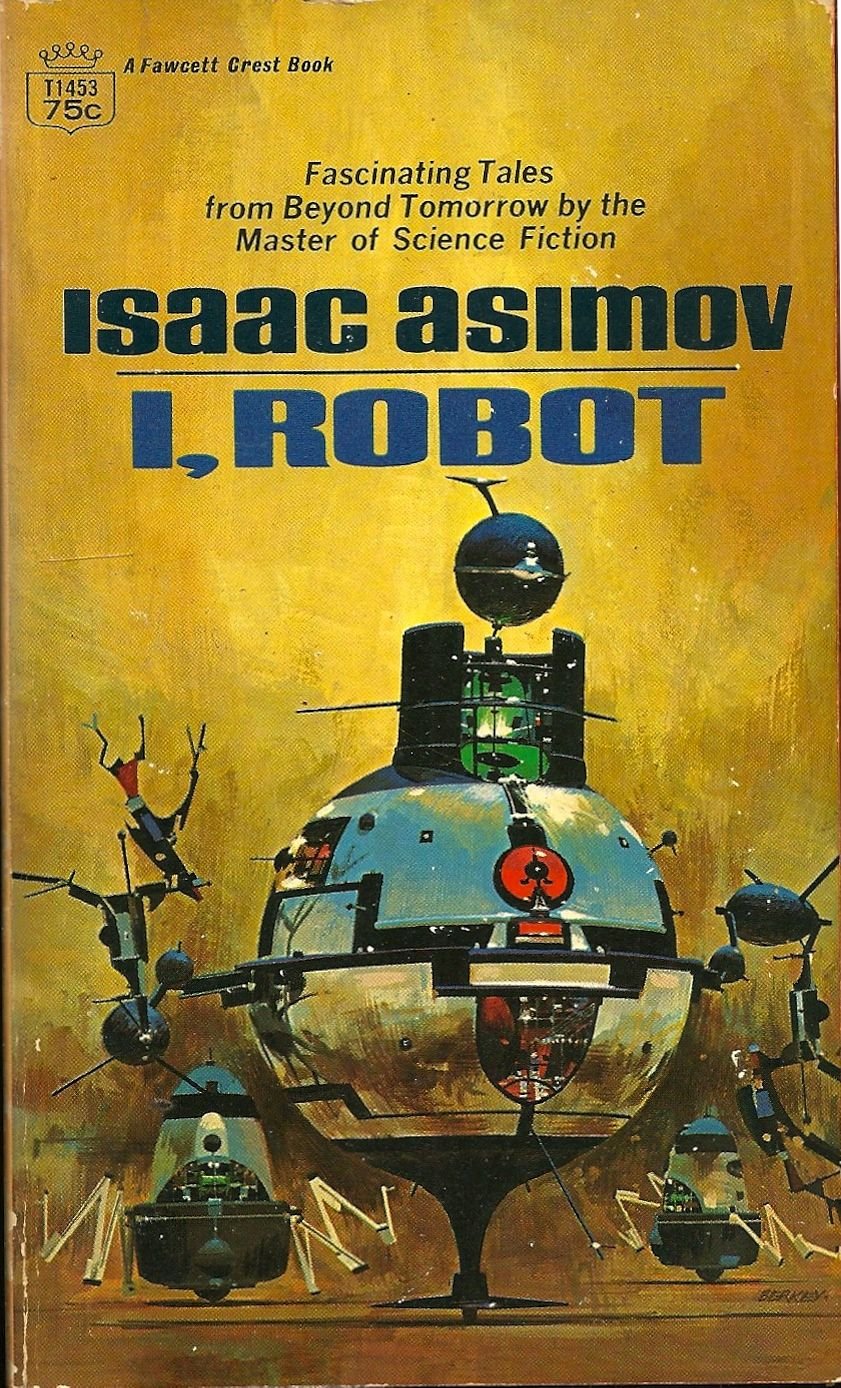 First, it’s important to understand what I mean when I talk about the “laws” of robotics. Isaac Asimov was well-known for his science fiction tales that, in general, focused on robotics. In March of 1942, Asimov published a short story called Runaround, which tells the story of a robot named Speedy. Speedy needs to follow the author’s three laws of robotics, which read as follows:
First, it’s important to understand what I mean when I talk about the “laws” of robotics. Isaac Asimov was well-known for his science fiction tales that, in general, focused on robotics. In March of 1942, Asimov published a short story called Runaround, which tells the story of a robot named Speedy. Speedy needs to follow the author’s three laws of robotics, which read as follows:
- A robot may not injure a human being or, through inaction, allow a human being to come to harm.
- A robot must obey the orders given to it by human beings except where such orders would conflict with the First Law.
- A robot must protect its own existence as long as such protection does not conflict with the First or Second Laws.
Speedy was ordered by a human to collect Selenium, but this material is dangerous for the robot to gather, therefore the he can't do it without breaking rule #3. By not collecting the Selenium, though, he is breaking rule #2 since he’s ignoring the order of a human. So, Speedy ends up running in a circle (hence, “Runaround”), unable to break either of the rules to pick an action. This story was the beginning of people questioning the ethics of robotics and when we really began to think about how AI should work. Of course, this story was written long before advanced AI existed.
Despite being born from a work of fiction, these laws are still discussed today. Most agree that they are outdated and impossible to apply in real life. That's the exact reason I'm bringing them up: the writer seems to have based the function of Shin, the android in question, off of these three laws.
Now, here are the questions up for discussion today:
Does AYHT? follow the laws of robotics?
How do these laws impact the writing of the show?
How does the show’s treatment of these laws impact the genre?
The first question is probably the easiest to answer: no, it doesn’t follow the laws. This of course brings up another question: does it have to follow them? In my eyes, the show can do whatever it wants. The writer is free to tell whatever story he desires, but this doesn’t mean he gets to be inconsistent. See, the writer makes it very clear that Shin has predefined rules that he must follow, the most frequently mentioned one being that he has to hug people when they cry. Later on, So Bong teaches him that he should only follow that rule, if the person wants to be comforted, so from then on, he asks before comforting people. He follows rules… or does he?
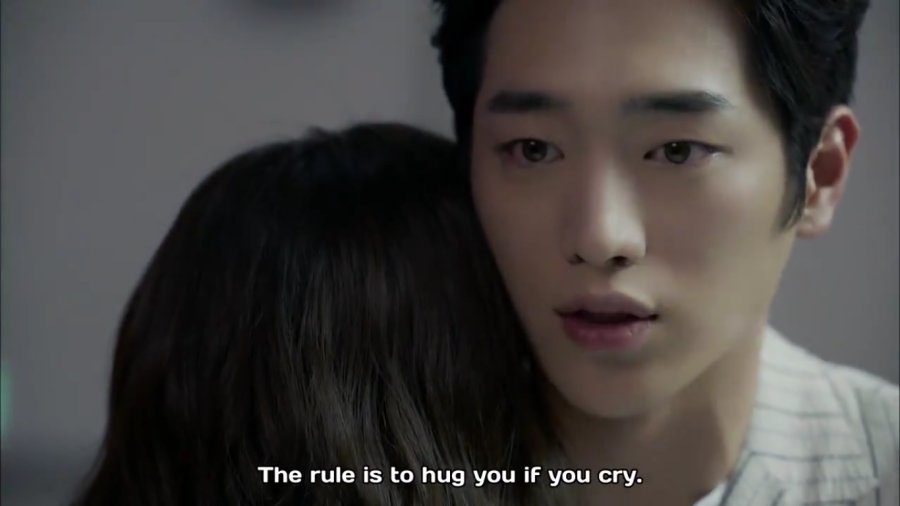
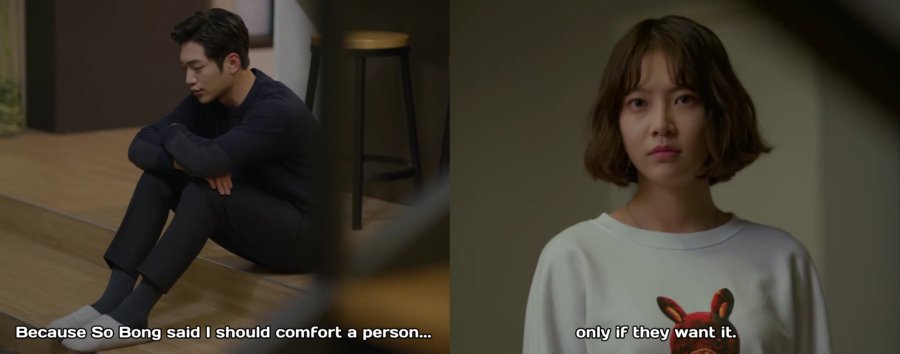
Viewers will notice that he is directly told more than once that he can’t let himself get caught and that he has to behave like the real Shin. To me, the writer of the show is very clearly drawing parallels to Asimov's laws, because robot-Shin has to:
- Pretend to be the real Nam Shin to prevent him from being harmed.
- Do exactly as told to avoid being caught.
- Keep his cover to avoid being destroyed.
Shin breaks all three of these rules. He's terrible at maintaining the persona of the real Shin, he sometimes ignores directions, and because of those first two things, he's always at risk of being caught and destroyed. He tells both Laura and Young Hoon, two people that are able to keep him from being caught, that he'll do exactly as they say, then doesn't. He's somehow able to ignore the very code that makes him function in the first place! I get that he adapts and changes to some extent, but doing as told is what robots are supposed to do. There are some robots that have been taught to say no, but only when doing an action would cause them harm or if it's not someone the robot recognizes as having enough authority to give a rule-breaking command. Whether or not a command would cause him harm, Shin just does whatever he wants.
For example, what about when he hangs out with Ye Na and her friends in the lounge? A guy bugs Shin to get So Bong’s number, but he refuses. Shin then grabs and twists the man's arm. Ye Na offers to give the number instead, and in response, Shin makes everyone’s phones explode. This would certainly be very scary, not to mention him actually grabbing and harming the man who wanted So Bong's number. Shin is hurting people, which should be impossible. Protecting So Bong is top priority, but that doesn't mean other rules of his are unimportant. He himself says that he can’t hurt people right here:
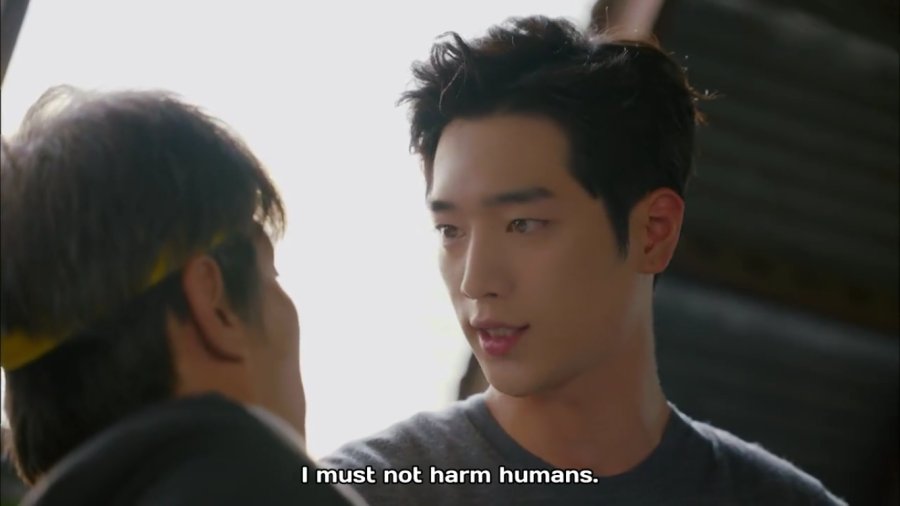
… then proceeds to hurt people:
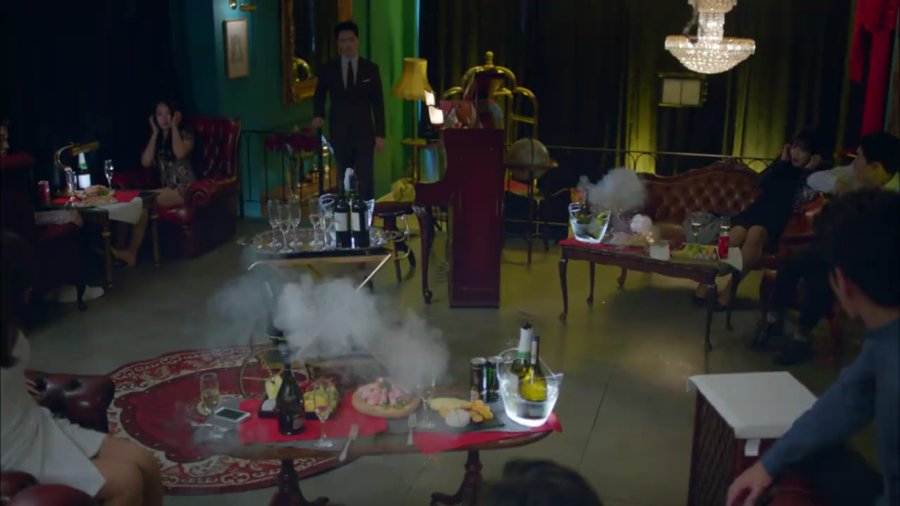
Or what about when he throws Ye Na to the ground to protect So Bong? He’s protecting a human by harming a human. According to what Shin very clearly says out loud, this should not be possible.
On to the second question: how do the laws impact the writing of the show? In my opinion, the improper use of the laws has caused the show to become rather confusing. While the writer should be free to do what he wants, he should also be consistent within his own universe. The problem I have with this show, as much as I like it, is that we're told Shin has to follow rules, then he's made to break those rules. It doesn't even appear that the writer did this to show that Shin is growing and changing. Often, Shin will follow some rules and break others, meaning the author is picking and choosing when the rules apply and when they don't.
If Shin has to follow a set of rules similar to Asimov’s, then sentience should not result from the paradoxes he faces; he should be running in circles. They could have solved this problem before it even existed by directly stating that Shin is not beholden to all rules and directions. If he’d started sentient, there would be no issue, but because he doesn’t, issues are unavoidable. Asimov’s laws (and by proxy, the laws governing NS3's actions) are fundamentally broken and were meant to show the pitfalls of trying to codify morality, but AYHT?’s writer seems not to have understood that these laws aren’t viable. It looks to me that telling his story while following the laws got too hard, so he jumped ship and forgot about the whole thing. That is not good writing.

Finally, the third question: how does the show’s treatment of the laws impact the genre? While there have been other android-themed KDramas before this one, I can almost guarantee that this show will end up being the model for future android-based KDramas and it will be the standard by which they are judged. I fear Absolute Boyfriend and Love Like a Person, two upcoming robot-romances, will adopt a similar formula as AYHT?. I can only hope that the writers of these shows will be able to think for themselves and define what they think androids should be like in the worlds they’re crafting.
Asimov’s laws don’t work, so if a writer is going to use them, they have to be ready to, like Asimov, show off how broken they are. Are You Human, Too? has not successfully pulled this off, which is unfortunate. You either have to follow the laws wholeheartedly or choose to ignore them entirely, just like the rest of the robotics community. The writer really had the opportunity to do something interesting with these laws.
This is not to say Are You Human, Too? is a bad drama by any means: it has logical pitfalls and has been a bit dry in spots, but I’m really enjoying it. When it goofs up, it instantly makes a comeback in the next episode. Clearly the writer knows what they’re doing with respect to crafting an interesting, creative plot, but mistakes and logical holes are always so glaringly obvious to me, it can detract from what is otherwise a fantastic drama. I do plan on doing a full review of this show, though, so you’ll see my full thoughts about this drama soon enough.
Thank you very much for reading! I love doing logical deep-dives like this, and hopefully it's entertaining enough for you, too. Make sure to let me know your thoughts below! I wrote this piece having watched 24 out of 36 episodes of the show, but this late in the game, I highly doubt any big reveals will overturn the issues stated in this article.
As I said above, I need your help once again! All the way back in June of last year, I did a piece called My Top 10 Gorgeous Korean Actors (and Yours Too!), where I presented my own personal list of the most gorgeous Korean actors alongside a list put together based off of user votes. When I originally wrote that piece, I knew that, at some point, I would put together something similar, only with Korean actresses.
Now is that time. If you've made it this far, then please, cast your vote in the comments. Just drop a name, and I'll count it. I would like as many people as possible to vote. If there aren't enough replies, the user-response list won't happen at all. So, make sure to tell me who you think is the most gorgeous Korean actress in the comments below and tell your friends to vote, too. Thank you very much!


